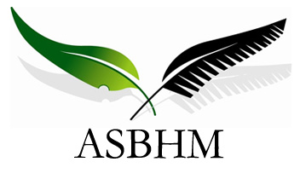Breastfeeding is the optimal way to feed infants and is associated with numerous short and long-term health benefits for both the infant and the mother. However, as with most other health behaviours, knowledge of the importance of breastfeeding alone is not sufficient to enable or encourage all mothers to either initiate breastfeeding or to continue breastfeeding for the recommended duration. Breastfeeding is a complex behaviour which is determined by a multitude of socio-demographic, biomedical and psychosocial factors that can serve as both enablers and barriers to breastfeeding.
In this presentation I will use three well known health behaviour models and theories to demonstrate the complexity of the behaviour and how they have been used to inform targeted interventions to increase breastfeeding rates and duration. The Social Ecological Model can be used to provide an overview of the many contextual factors at different levels that influence breastfeeding, and provides direction for the multiple interventions that are needed simultaneously at the societal and environmental levels. The Theory of Planned Behaviour (TPB) has been used frequently to explain breastfeeding behaviour, with individual constructs of the TPB being predictive of the intention to breastfeed and actual breastfeeding duration. Finally, the Social Cognitive Theory (SCT) has been used to underpin breastfeeding interventions targeting both mothers and fathers, including the design of Milk Man, a breastfeeding smartphone app designed specifically for fathers.
